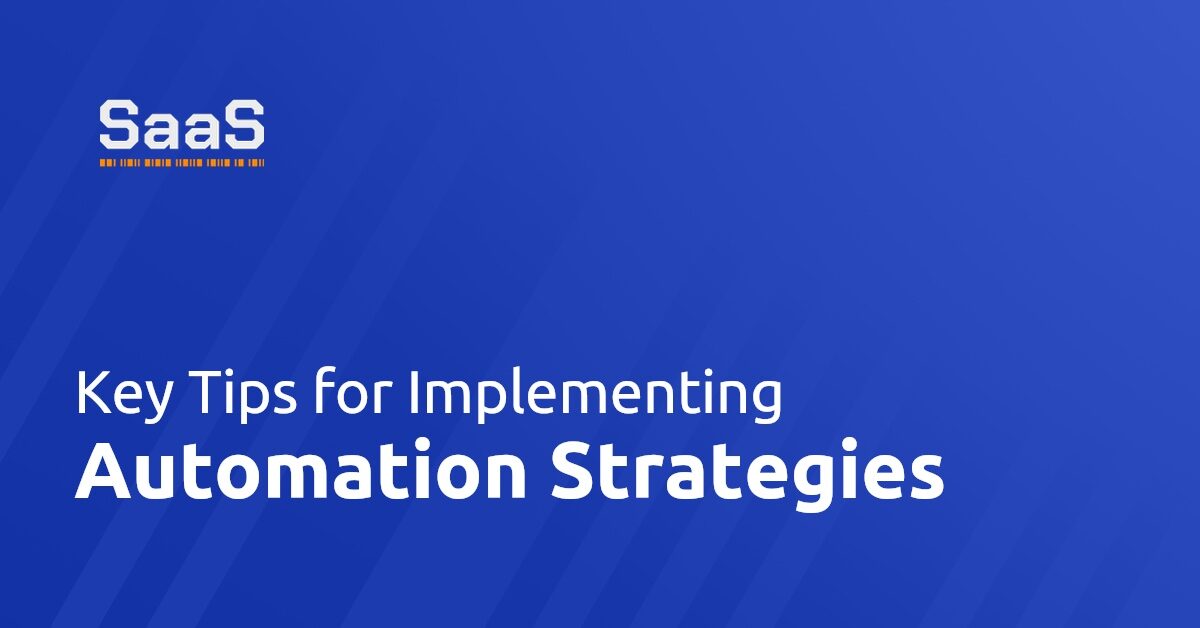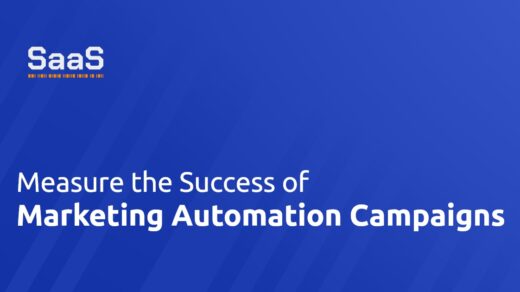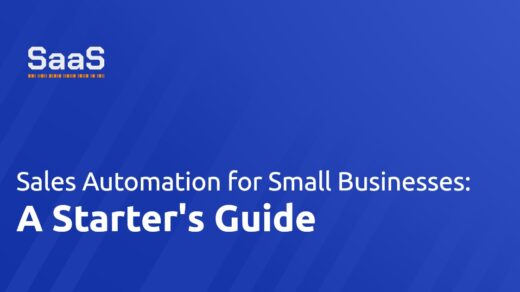Why are marketing automation strategies crucial for success?
Automation in marketing is vital as it aids in simplifying complex processes. It can save significant time and increase marketing efficiency by automating repetitive tasks. Additionally, it improves personalization and customer experience, providing businesses with in-depth customer insights.
Marketing automation strategies also contribute to data-driven decision-making by providing valuable metrics, including open rates, conversion rates, and customer engagement rates. With these insights, businesses can adjust their marketing strategies to enhance their performance.
How to effectively implement marketing automation strategies?
The effective implementation of marketing automation strategies begins with understanding your marketing goals. A clear understanding can help you select the automation tools that best suit your needs. Whether it's boosting lead generation, improving email marketing, or enhancing SEO, you can source automation tools tailored to your specific requirement.
It's also essential to synchronize your marketing team with the automation process. Whether it is launching campaigns, managing lead generation, or analyzing data, each team member must understand their role in operating and maintaining the automation system.
What are the key elements of a successful marketing automation strategy?
A successful marketing automation strategy involves a blend of several key elements. Firstly, relevant and engaging content is crucial. Whether it’s emails, ad campaigns, or blog posts, content should be personalized and focused on addressing customers’ needs.
Another key element is segmentation. By categorizing your customers based on their interests, behaviors, and demographics, you can deliver more personalized content and targeted campaigns.
Lastly, communicating with leads throughout the buyer’s journey is an essential part of a successful strategy. Automated processes such as email marketing and social media marketing can help maintain constant communication and foster a positive relationship with potential customers.
Expert tips for maximizing marketing automation's impact.
To maximize the return from your marketing automation investment, continuous analysis and optimization is a must. Regularly measure and evaluate your marketing analytics. This can help identify underperforming strategies that need to be tweaked or discarded.
Automation platforms are bound to have updates or new features over time. Hence, be adaptable and open to learning these changes to fully leverage the tools you've invested in.
Finally, remember technology should only support your marketing strategies, not dictate them. Therefore, customer needs and business goals should still guide your automated campaigns. At the end of the day, marketing automation, when implemented effectively, can offer immense benefits and drive a significant return on investment.







